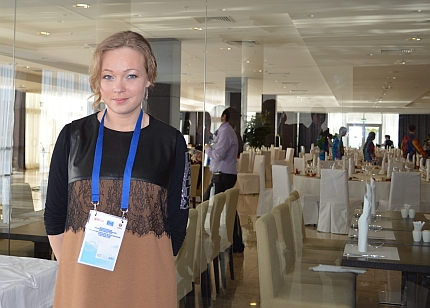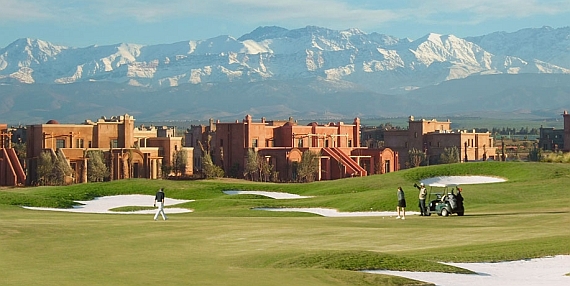
News & Stories
Berlin. The ITB Berlin 2014 summary is short: Halls fully booked, increase in trade visitors and business volume sets new records. Positive forecasts for the global economy boost the tourism sector.
Munich. The tour operator FTI GROUP has gained the internationally-operating resort developer and operator, Samih Sawiris, as a partner.
Sochi. Many things in Russia are different than in Germany, the journalists in particular whose hotel rooms were not completed in time before the Olympic Games in Sochi discovered this. Nevertheless, everything functioned at the local Azimut Hotels and the mood at the new properties was great.
Bern. The Swiss hotel industry can account for a pleasing increase in the number of overnight stays in 2013 – a trend that may additionally continue in the current year. Nevertheless, the profitability problem remains – the pricing pressure continues to be high and the costs environment is burdensome.
Hanover/Oberursel. Among most international hotel chains, the percentage of resort hotels is low; however, the large tour operators are continuously expanding their resort hotel brands. This increases customer loyalty. However, not every conceived concept provides the desired result, and new brands and models should meet the needs of the altered travel behaviour. hospitalityInside.com sounds out the travel giants TUI and Thomas Cook.
Marrakesh. With 54 hotel construction projects and a total of more than 15,000 new guest rooms, Morocco currently is by far the most attractive hot spot for hotel investors at the Mediterranean. And even if not all projects are realised, the most important key figures of the country are pointing upwards. More and better flight connections, financial incentives for investors and other things have led to a luxury-prone hotel scene in the meantime. Now, the country wants to attract entertainment companies. An interview with Hamid Bentahar, President of the Marrakesh Regional Tourism Committee, about hotel offers in Marrakesh and the challenges as a destination.
Kiev. Ukraine is a land torn between Europe and Russia, a land in which oligarchs, reformists, boxing world champions, business travellers and Americans eager to get married all look for a hotel bed. In Kiev, only the centrally located hotels earn money, whilst tourist life in Odessa continues unaffected and Crimea is also pushing forward with its plans. In the capital city, real estate owners are meanwhile also coming under pressure.
Rome. "Remarkable growth in international demand during the last month of December allowed our tourism sector to close 2013 substantially at the same level of 2012, at least in terms of room nights. However, this has not yet prevented a decline in industry turnover and the consequent drop in employment levels", comments Bernabò Bocca, president of the Italian hotel association on the final data of the business year 2013. The positive trend of foreign arrivals, now close to catching up with the number of domestic tourists, is actually thwarted by the steady decline in Italian demand, "reflecting the severe economic crisis in which the country continues to struggle", the president adds. A summary of the Italian hotel industry in facts and figures.
Bangkok. Despite early general elections held in Thailand last Sunday, the ongoing political crisis remains a threat to tourism industry, especially in Bangkok.
Berlin/Duesseldorf. Inspiration and self-reflection. This is what this year's ITB Experts Forum Wellness has in store at ITB on Thursday, March 6, 2014. The main topics will be trends in Asia, online distribution, wellness criteria, successful concepts, and market analyses.





